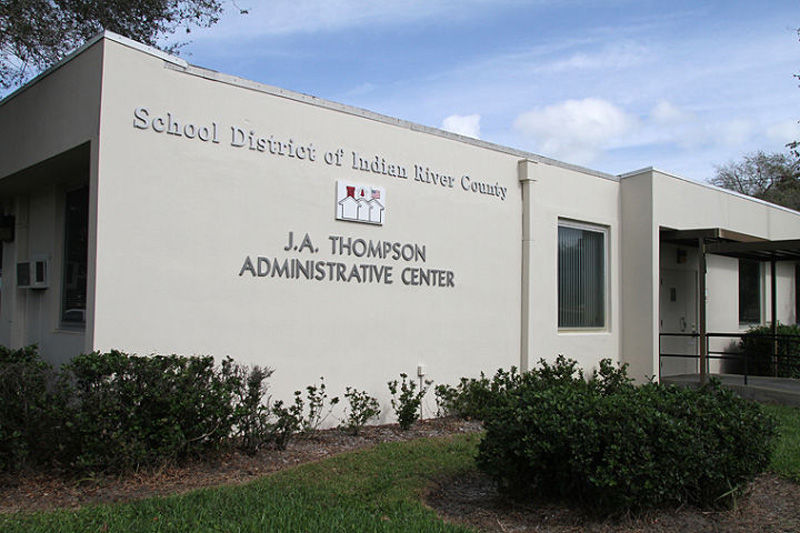INDIAN RIVER COUNTY — The Indian River County School Board Tuesday evening approved its maximum tax rate and corresponding budget during the first of two public hearings. The final decision on the tax rate and budget will be held in September.
The typical property owner can expect to pay approximately $20 more than last year, given the average property value increase, according to Assistant Superintendent of Finance Carter Morrison.
The School Board unanimously approved the maximum millage rate of 7.955 – or $7.96 per $1,000 of tax assessed value. However, the School Board was not unanimous in its support of the budget.
School Board member Shawn Frost voted against the budget, calling it a “social injustice.” He explained that children are suffering because their parents chose to put them in charter schools, which receive less than one-third the funding that traditional schools receive.
Frost added that the budget discriminates against a certain group of public students – those in charters. His was the lone dissenting vote.
Even though the proposed tax rate is lower than last year’s, it is higher than what is called the “roll-back” rate – the rate that would have collected the same amount of taxes as last year.
The overall budget is up approximately $1.5 million from last year – or a half-percent – mostly due to an increase in state funding.
Only a few people from the public addressed the proposed tax rate and budget.
Deborah Seeley, speaking on behalf of the county’s five charter schools, implored the School Board to reconsider how it divvies up the revenue from the 0.60-mill voter approved millage between traditional and charter schools. She argued that the funds are supposed to be shared proportionally – but instead, the charters receive only 5 percent.
Charlie Wilson, of Impact Fee Consultants, cautioned the School Board to not approve a budget that has “misapplied” impact fees. He told the Board that it is his firm’s belief that the School District has been levying impact fees at a time when there has been no student population growth in the county.
Laura Zorc, who previously announced her bid for School Board in the next election, questioned the timing of the public hearing, given that she did not receive supporting documentation until the evening prior.
Addressing their concerns, School Board Attorney Suzanne D’Agresta explained that the then-School Board chose to share the 0.6-mill referendum funds with charters, something the law does not require and that 5 percent was selected because it generated the same amount of funding that charters had previously received through a now-defunct state statute regarding a different voter-approved referendum.
As for impact fees, School Board member Claudia Jimenez recommended the Board place the matter on a Discussion Session agenda at a future date. And, pertaining to the timing, Jimenez said the Board has been holding regular workshops to discuss the budget and that they’d had enough time to review and investigate prior to the night’s vote.
Tiffany Justice, a Beachland Elementary School mother, addressed the Board, urging the Board to continue its funding of maintenance at the traditional schools.

